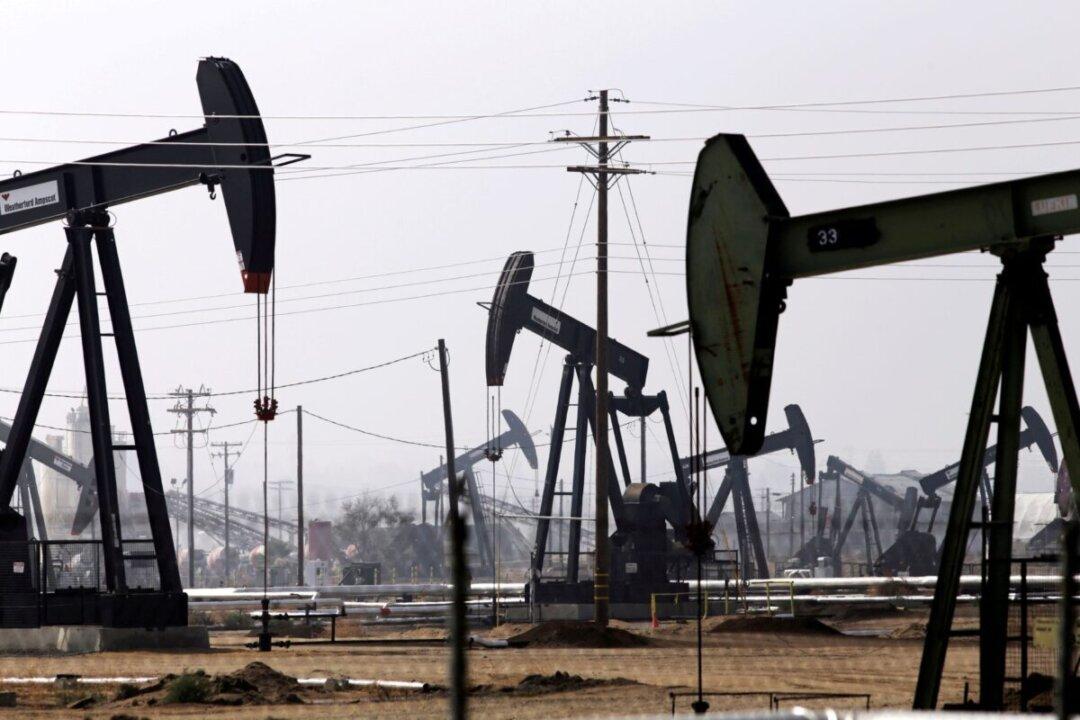Alberta Energy Minister Sonya Savage says it is high time that the Liberal government treats Alberta’s oil and gas reserves as a strategic asset, and not a liability to be phased out to the detriment of energy security.
Speaking at a press conference on March 11, Savage said the Russian invasion of Ukraine has put a spotlight on the weakness of North America’s energy policy, affirming the need to continue producing oil and gas to counter any supply disruption.





